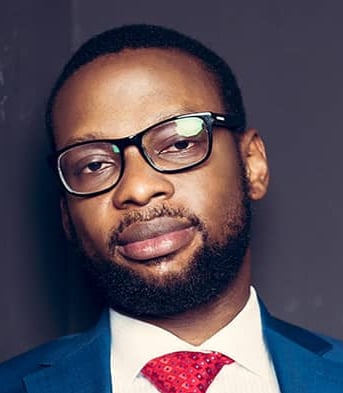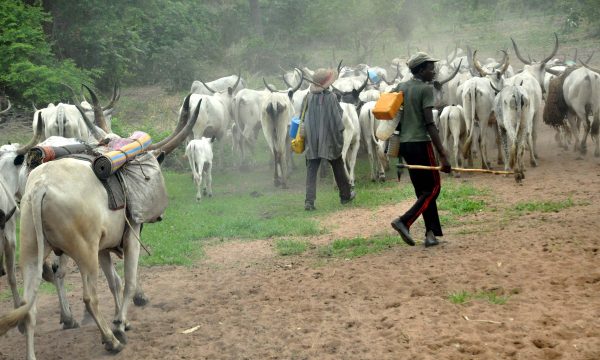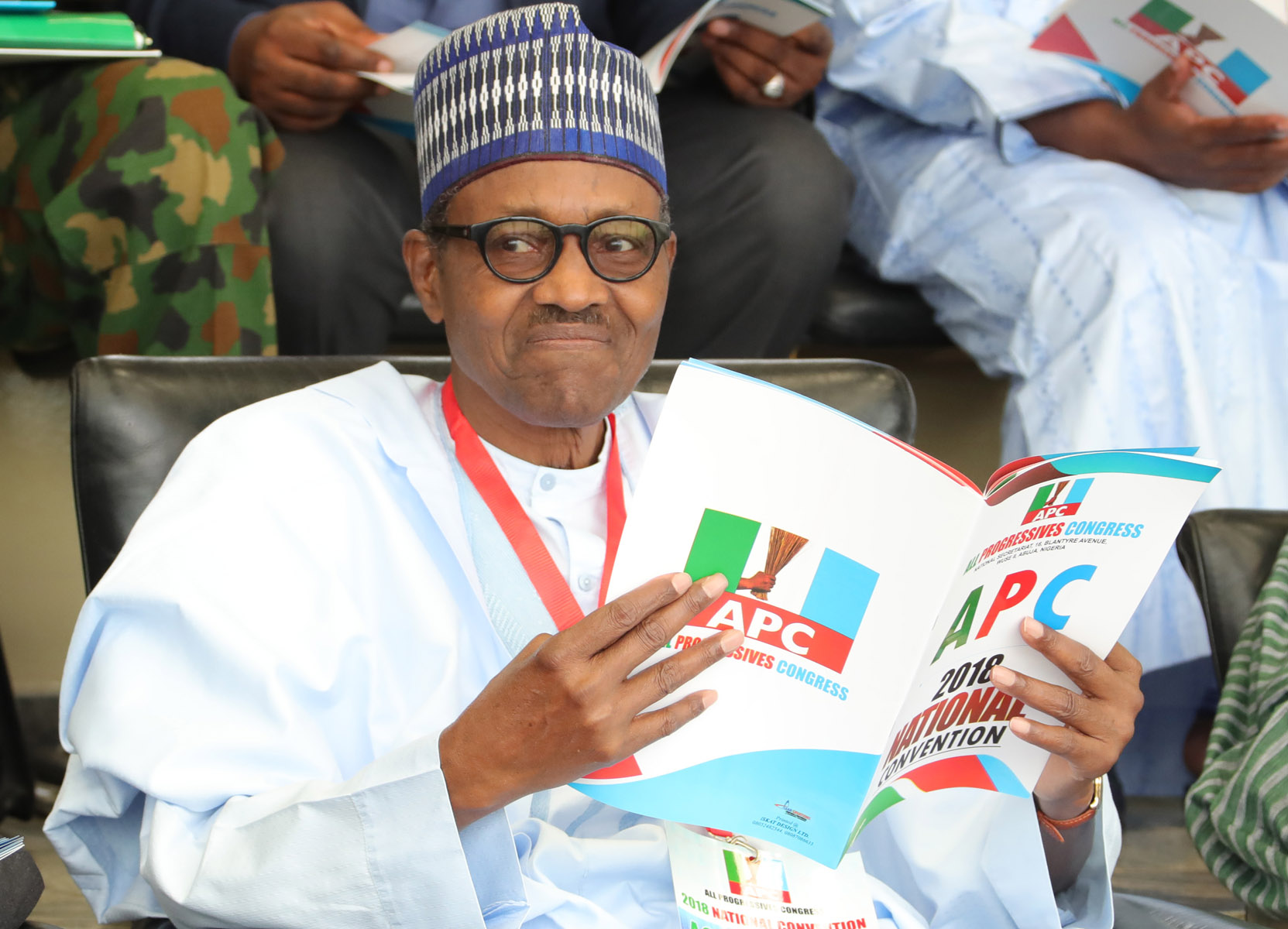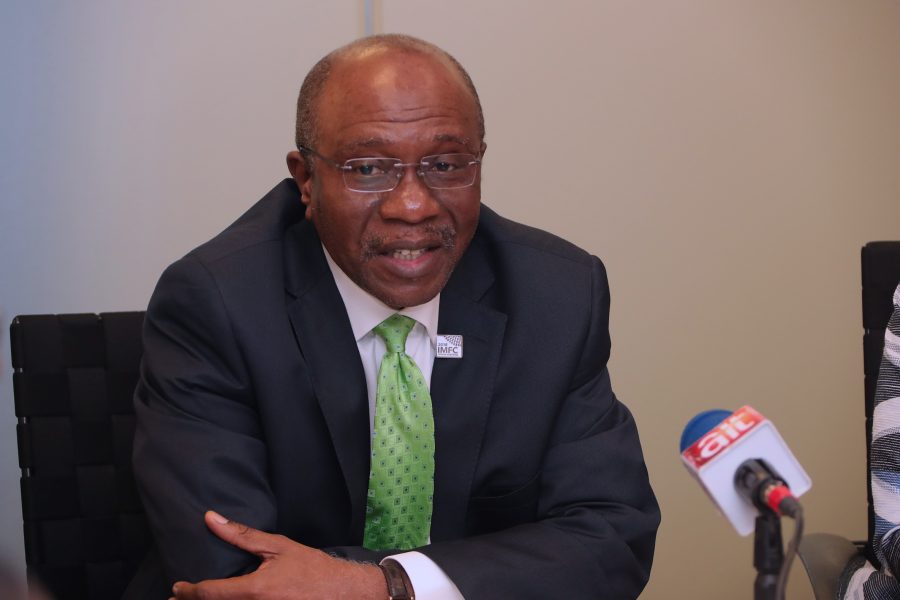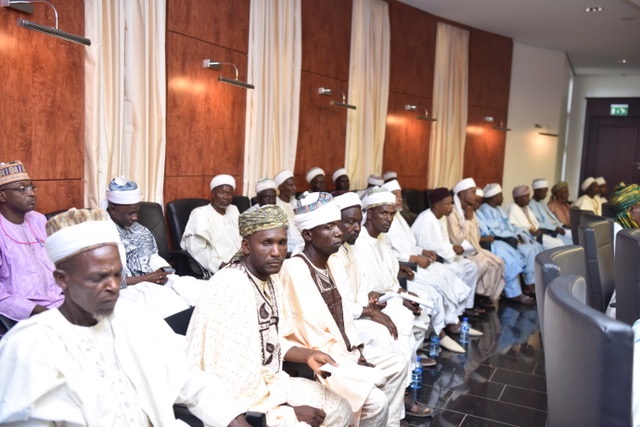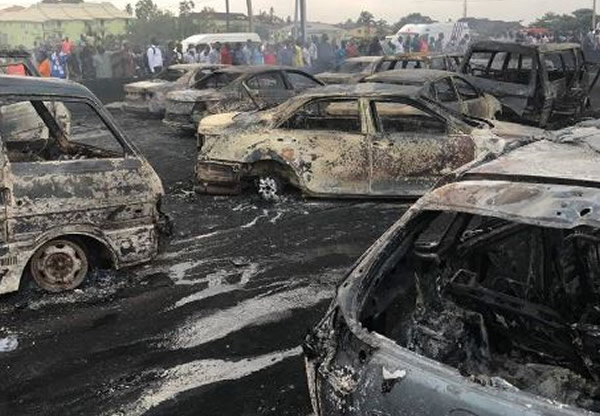No matter how hard President Muhammadu Buhari tries, or no matter the frequency with which his spokesmen finger the opposition, the final months of his tenure in office will continue to be dominated, in part, by herdsmen attacks(Yes, someone tell the President I wrote “herdsmen attacks” — not “herder-farmer crisis”.). Since suspected herdsmen killed more than 100 across three local government areas of Plateau State last week, the herdsmen conversation has intensified.
To be fair on the President, it didn’t help that when he published details of his assets in September 2015, the highlights included his ownership of 270 head of cattle. If anything ever went wrong with herders, Buhari was going to be adjudged to be siding with them. From start it was clear he and his men needed to exhibit utmost tact in discussing killings by herdsmen; much as they hate to admit, they haven’t.
For instance, while hosting a Benue delegation at the villa in January, Buhari infamously askedthem in “the name of God to accommodate your countrymen”, that is herdsmen. At least twice this year, his Defence Minister, Mansur Dan-Ali, has spoken out against the anti-open grazing law already in force in some states. Only days ago, his spokesman, Femi Adesina, chronicled the litany of killings during the Peoples Democratic Party (PDP) years — simply because the PDP had played the trite opposition prank of mourning more than the bereaved, which, we must be reminded, the All Progressives Congress (APC) also did in opposition capacity before April 2015. The information management end of this recalcitrant security challenge has been bungled time and time again.
The President continues to call the killings “farmer-herder clashes/crisis”. This is pure untruth. A clash cannot occur without a central territory that both feuding parties are laying claim to. Although bad blood between herders and farmers has assumed a far complicated dimension, competition for land remains the simple, single biggest cause. When herders trample on farms and their cattle eat crops, the farmers respond by rustling or killing the cows. The herders return to kill the farmers, who in turn plot reprisals. At the start of this chain is herders’ invasion of farmlands; as long as this one problem is not solved, the killings are here to stay.
Advertisement
Add that to Buhari’s failure to declare herdsmen terrorists — 10 months after the defence headquarters rushed to designate the Indigenous People of Biafra (IPOB) a terrorist group without even taking a moment to find out the procedures, as laid down by the provisions of the Terrorism (Prevention) Act 2011, amended in 2013, followed by the legalproscription of IPOB by an Abuja Federal High Court. On top of that, these herders are getting bolder by the day and, according to Vanguard, have since graduated to renaming the villages they have conquered.
How on earth are IPOB members terrorists andherdsmen have no such designation —herdsmen that were named in 2015 by the Global Terrorism Indexas the fourth deadliest terror group in world? Only Boko Haram, ISIS, and al-Shabab were deemeddeadlier than thisnomadic group of militants. In 2013, they killed around 80 people in total,but by 2014 the group had killed 1,229, and 847 in 2015.
“The little-known group, formed of individuals from the semi-nomadic, pastoral ethnic group Fula people existing across several West African nations… operates in Nigeria and parts of the Central African Republic,” The Independent wrote at the time. “As much as 92 per cent of their attacks target private citizens, reflecting the group’s primary concern over the ownership of farmland. Each attack claims an average of 11 lives, with the largest known in April 2014 killing as many as 200 people after a group of the militants targeted community leaders and residents during a meeting in central province Zamfara.”
Advertisement
How can Buhari free himself of the political noose that herdsmen attacks pose to him? First step, he must generate genuine political will to tackle the challenge. For now, he and his supporters are living in denial. Only on Friday, theBuhari Support Organisation (BSO) said the Plateau killings were“done to tarnish the reputation of the President and cast the image of APC in bad light”.
In April, GarbaShehu, his second spokesman, said: “the Middle Belt killings… are no doubt seen as a political opportunity to set the tone for the 2019 elections”, before adding in June: “We know that a number of geographical and economic factors are contributing to the longstanding herdsmen/farmers clashes. But we also know that politicians are taking advantage of the situation. This is incredibly unfortunate.”
A President who refuses to take responsibility for a problem will never solve it. Buhari believes the killings are the handiwork of the opposition; therefore, no chance of a solution!
Two, Buhari is living in denial. He says it repeatedly that these killers are not Nigerians; they’re from Chad, Niger and so on. For the second time in less than two months, he has come forward to say “the Nigerian cattle herder doesn’t carry nothing more than a stick”.He said that last week, having previouslytold President Donald Trump in the US: “The Nigerian herders don’t carry anything more than a stick and occasionally a machete to cut down foliage and give it to their animals.” Nothing could be further from the truth.
Advertisement
In December 2013, when I spent 11 straight days traversing the perilous Plateau villages to investigate the killings, after which I published a five-part series,my first discovery was that these herdsmen were very brutal — in fact more brutal than Boko Haram. Boko Haram mostly inflicts one-way, sometimes two-way, injuries on victims. If it’s bomb its bomb; if it’s gunshots its gunshots; very rarely does Boko Haram combine guns and machetes, for example. But relics of attacks by Fulani herdsmen that I saw were some of the crudest I’ve ever reported; there were cases where just one individual was first shot, then cut with machete, and finally set ablaze. These are the people our President says go about with just sticks?
Forget that he has an IGP, if Buhari truly wants to resolve the killings, he must rise beyond symbolic efforts and get personally involved. For instance, hispublic-outcry-enforced visit to Plateau on Wednesday ended up at town halls for meetings with stakeholders.He did not set foot on any of the villages where the killings happened,otherwise he would have found out, for example, that one major problem with Plateau villages is that they are so hidden from civilization that (i) many soldiers posted there end up living in town rather than the villages and are therefore unavailable to help at nights when most of these killings occur and (ii) they are mostly inaccessible with a car, which means attackers are usually gone before military help arrives. Of the total 11 villages I visited, I found soldiers in only two: Mile-Bakwai and Kukah. In all the other nine villages — Nyapkai, Dipbong, Zamchang, Locost, Ket, Rawurum, Kungte, Tatu, Larwin — I did not run into a single soldier.Now, who is going to teach you that if, as a President, you’re not personally ready to visit these places — if all you do is fly to town hall and fly back to Abuja?
The most obstinate of Buhari’s supporters are obsessed with the genesis-of-the-crisis line as a prelude to finding solution to this problem. Even the ‘genesis of the crisis’ is overrated. Between 1991 and 2013,when I did my work on Plateau, there were a minimum of six commissions of inquiries set up by both the FG and past Plateau State governments, each documenting its findings. There are numerous white papers on years of the Plateau crisis in particular and the general herdsmen attacks.Mr. President needs just one day to sit down, digest these reports and understand whatever he needs to understand.But all these reports are secondary; the primary solution is first for the government to possess the political will to deal with the killers. The Goodluck Jonathan government didn’t have it — yes, even Jonathan turned a blind eye, particularly when Boko Haram began gaining ground. On the evidence of what we’ve seen so far, we know this Muhammadu Buhari government lacks it as well.
Advertisement
Soyombo, former Editor of theTheCable and the International Centre for Investigative Reporting (ICIR), tweets @fisayosoyombo
Advertisement
Views expressed by contributors are strictly personal and not of TheCable.
Add a comment
